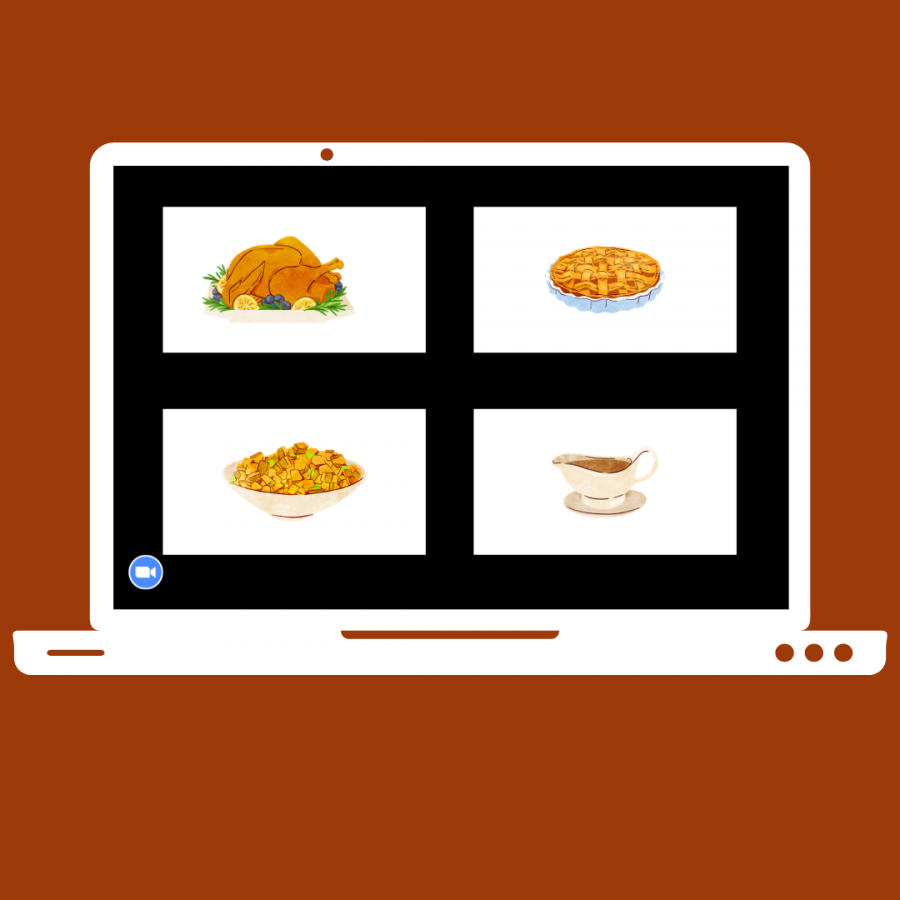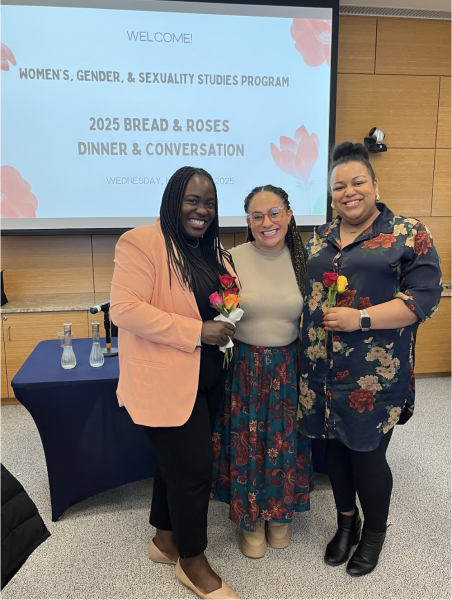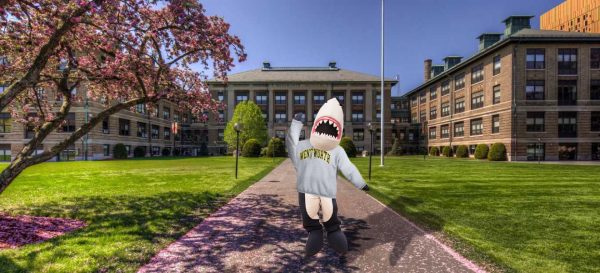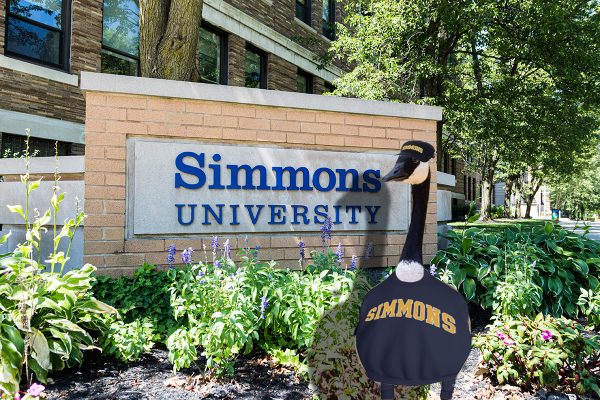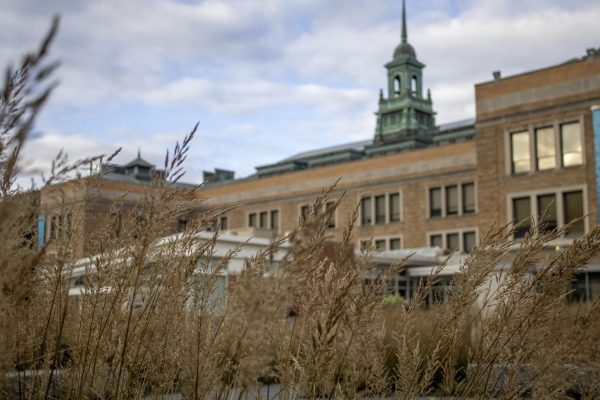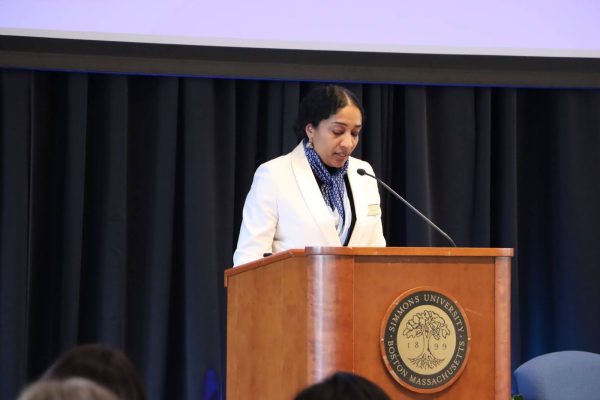Rising COVID-19 cases present students with tough decisions for Thanksgiving
November 24, 2020
When Celine Breton moved back to Boston this fall, she was under the impression that she wouldn’t be able to return home to Connecticut.
Breton, a senior biochemistry and physics student, moved into her off-campus apartment in August so she could complete her thesis research on campus. But to do that meant that she had to leave the bubble she and her family had lived in since March. In Boston, she knew she would be more exposed to the virus and was afraid to put her family at risk.
But now, with cases on the rise throughout the U.S., not just in cities, Breton’s family isn’t afraid she’ll give the virus to them— they’re afraid they could give the virus to her.
The public school in Connecticut where Breton’s mother works has been shut down once this fall because of COVID-19 cases and could potentially be shut down again, according to Breton.
The fear of bringing the virus home from school is real for both Breton and her mom. Now, they’re not sure what to do this holiday season.
Breton says her Thanksgiving plans will probably be a last-minute decision. Currently, her family is attempting to plan an outdoor bonfire Thanksgiving celebration, but it’s unclear if New England weather will permit it.
Breton’s family, like many families throughout the U.S., are weighing the risks of going forward with annual holiday traditions against the growing dangers of COVID-19.
Third-year student Amanda Brown’s family weighed the risks and canceled their Thanksgiving celebration completely.
Until a few weeks ago, Brown says she was planning to celebrate with her mom, her three siblings and their partners in Maine. Once cases started to spike, they decided it was too dangerous, especially considering that her brother’s partner is pregnant.
“I’m extremely upset about having to cancel this. The pandemic itself has been difficult, but factoring in online school, personal issues and working at a grocery store – I’m exhausted,” wrote Brown in an email to The Voice. “My family is something that keeps me sane and I really love the holidays. Having to cancel one of my favorite holidays hits harder than I thought it would.”
Although Brown’s family decided to play it safe, she expressed her concern that many other families would not do the same.
“I’m not able to support those who are having large gatherings this holiday season. They’re the people who are helping to perpetuate the spread of this virus and it’s unfair,” wrote Brown.
For Brown, the decision to not celebrate the holidays is a difficult, but a necessary one.
“Everyone is looking for a way to be distracted from this virus, but by doing so they’re only spreading it more,” she wrote.
Harvard Public Health infectious disease research fellow Stephen Kissler says that decisions to modify or cancel Thanksgiving plans can be emotional for some families.
“A lot of these decisions are really emotional, and there could be family members who don’t understand or resist. I hope that with plenty of prior communication people will be able to head off that conflict,” said Kissler.
Kissler recommends that families communicate about exactly how they plan to stay safe at a gathering prior to the celebration. If a family plans to gather inside, Kissler says to open windows for extra ventilation and encourage everyone to bring extra layers of clothes in case it gets cold.
Even with safety precautions, Kissler says it’s likely there will be a spike in cases after Thanksgiving like there have been after other holidays. Under normal circumstances, the holidays spread illnesses like the flu, according to Kissler.
On Monday, Nov. 23, the U.S. saw at least 179,067 new cases of COVID-19, according to The New York Times. The U.S. recently surpassed 250,000 COVID-related deaths since the start of the pandemic.



